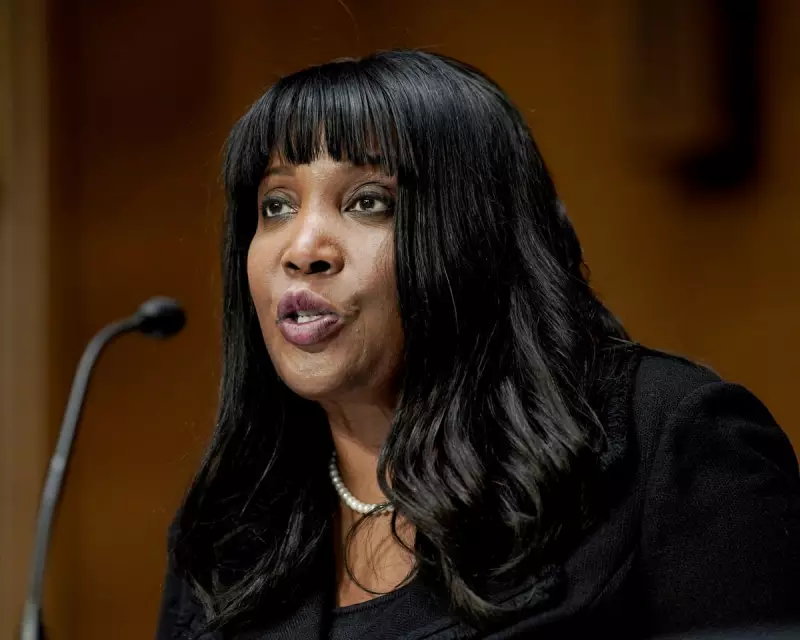
The fragile independence of the United States Federal Reserve faces an unprecedented assault. With Donald Trump's return to power, the central bank's cherished autonomy—long considered sacrosanct—is under direct threat, raising alarm bells across global financial markets.
A Looming Constitutional Confrontation
The Fed's ability to set interest rates free from political interference has been a cornerstone of economic stability for decades. Yet Trump's openly hostile stance towards Chair Jerome Powell and his apparent intention to bend monetary policy to his will signals a dangerous departure from established norms.
This isn't merely about changing personnel; it's about fundamentally altering the balance of power between the White House and the nation's central banking system.
The False Comfort of Mere Independence
While defenders rightly champion the Fed's independence, this principle alone proves insufficient. The institution must also maintain genuine accountability to the public it serves. Recent history reveals troubling patterns:
- Aggressive interest rate hikes that failed to anticipate economic consequences
- Persistent forecasting errors regarding inflation trends
- A troubling lack of diversity in leadership and perspective
These shortcomings demonstrate that independence without effective accountability mechanisms creates an undemocratic concentration of power.
The Global Ramifications of American Instability
The potential undermining of Fed independence carries consequences far beyond US borders. As the world's reserve currency, the dollar's stability affects global trade, emerging markets, and international financial systems. Political interference could trigger:
- Volatile currency fluctuations worldwide
- Erosion of trust in US Treasury bonds
- Destabilization of developing economies
- Long-term damage to dollar dominance
A Delicate Balance for Democratic Governance
The solution isn't simply to defend the status quo. Rather, we must reimagine central banking for a new political era—one that balances necessary independence with robust democratic accountability. This requires:
Transparency reforms that make decision-making more accessible to public scrutiny without compromising operational independence.
Diverse leadership that better represents the American population and brings varied perspectives to monetary policy.
Clear boundaries that protect against political manipulation while maintaining appropriate democratic oversight.
The coming months may determine whether the Federal Reserve can maintain its critical role in ensuring economic stability, or whether it becomes another casualty of America's deepening political polarization.




